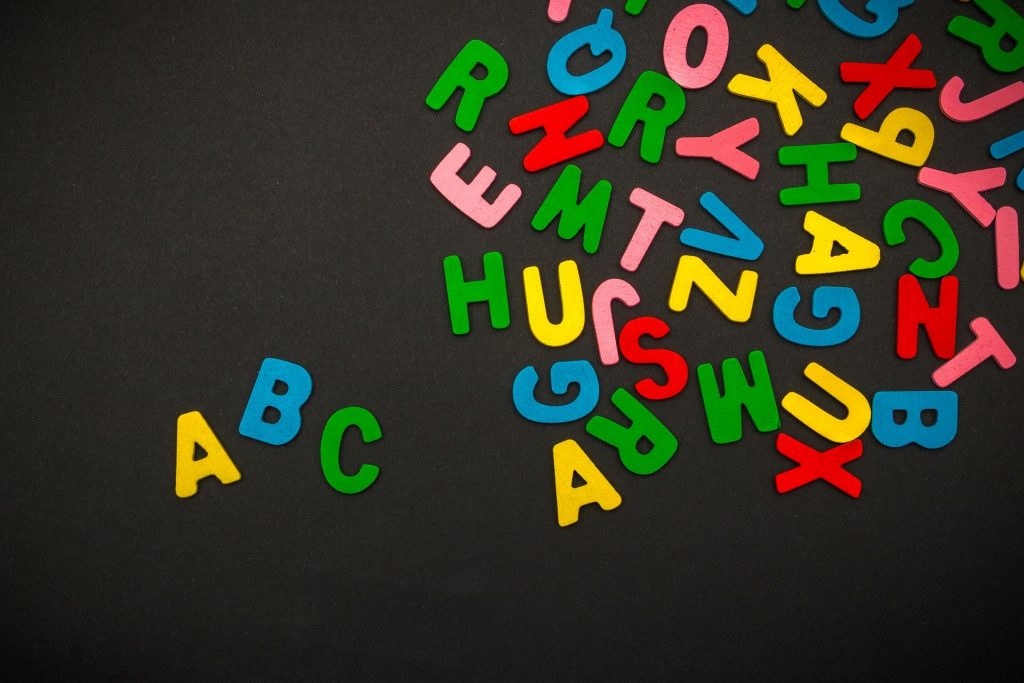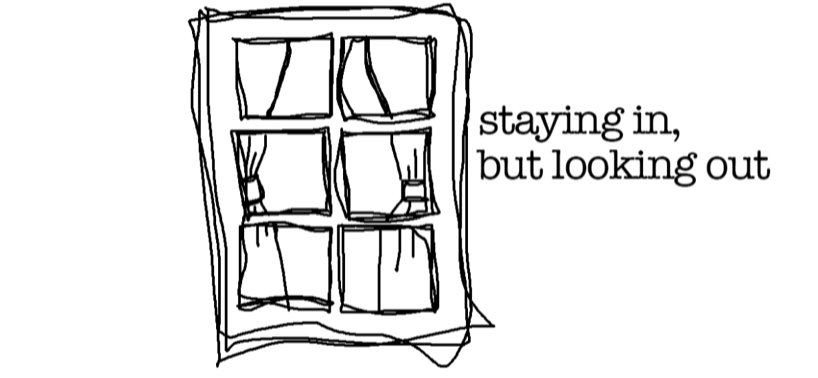
We’re four weeks in and I hope you’re finding some parts of the day are getting easier! I’ve been reluctant to write anything about this homeschooling juggle because I find it quite stressful reading other people’s advice about it! As usual, when it comes to parenting, we need to follow our instincts and work to our own strengths. However, having been a teacher back in the day, and now experiencing remote schooling through the eyes of my assistant headteacher husband, some things that are coming back to me are worth sharing – and they’re not ‘do this’, they’re more ‘don’t fret this!’ So here goes…
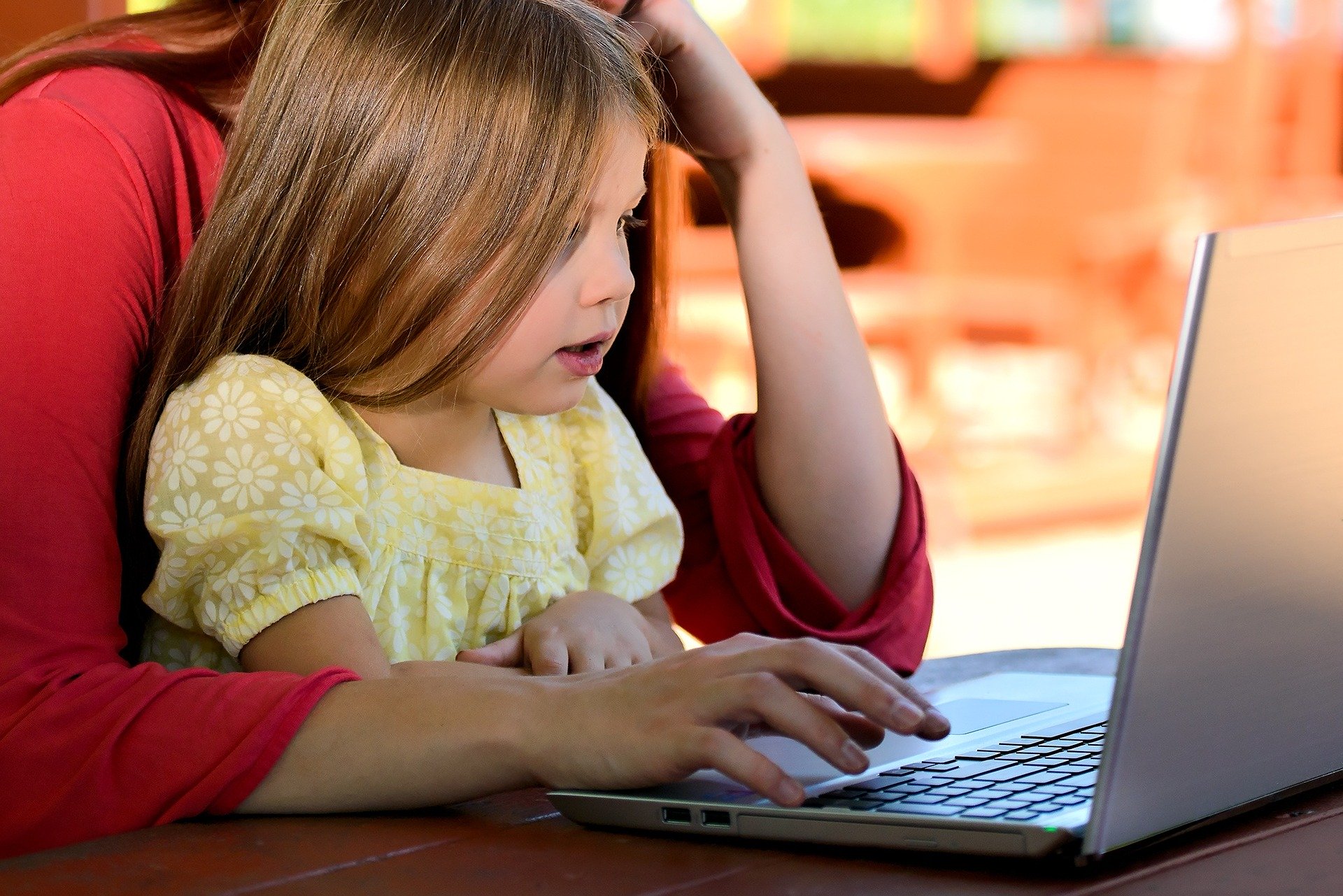
Content is less import than method. For primary kids, don’t worry about topics. The teachers have a wide choice of topics anyway and a couple of my kids have somehow got to Year 6 without even doing The Plague or Henry VIII but one knows all about the Shang Dynasty in China.

What matters is that they are finding stuff out. A fancy word for this is Research but it’s basically what every kid is doing all the time, even when they are playing Minecraft. If you don’t have time to teach them, it can probably be better done on YouTube, GoJetters or anything by Bear Grylls anyway, so pop the telly on and give them a notebook and pencil. They can write some info down and then tell you about it over dinner. It beats asking Alexa what the weather will be like tomorrow (again).
Don’t forget, BBC Bitesize has come to the rescue this week with lots of really useful videos aimed at specific age groups.
Older kids could tell you amazing things about foreboding, foreshadowing and flashbacks after they’ve watched The Rise of Skywalker. And their extension task? Do the same for all nine Star Wars movies. Result – you’ve just reclaimed nine evenings.

Remember ‘time-wasting activities’ you used to love. Do you want to know a secret? I chose A-Level Geography because I loved colouring diagrams and I had an enviable 36 colour pencil crayon wallet. I chose History because I could write quickly and copy lots out of the textbook. I went on to teach both of these subjects!

When I was taught how to teach, I found out that both of these activities are now frowned upon. Colouring wasted time, and copying out was a ‘low-level skill’. They both helped me succeed though! (And they’re both things my kids could be much better at!) So, how about looking back at stuff you used to like doing that they maybe don’t have time for at school anymore? My three best activities at Infants’ School:
- Screwing up tissue paper into tiny balls and sticking onto a picture. (You’d fail an Ofsted inspection but it definitely teaches several important things.. patience, dexterity, the colour wheel, sharing, socialising, chatting, chilling, tidying up afterwards…!)
- Tracing. We used to have ‘busy books’ and every morning we would trace a picture, turn the tracing over, scribble over the lines on the back, turn it over again, place it on a page in our book and draw over it again! Magic! It worked like carbon paper to transfer the image onto your page. Amazing confidence building for kids who don’t like drawing. And it makes them appreciate printers.
- Staying in at lunch to clean the paint tins with Ajax. Not sure how to recreate this exactly, as there is no replacement for that cool shaky power Ajax tin (and the fun came in doing it with Andrew, my best friend). However, maybe there are some time-wasting household activities which are actually a novelty to kids who don’t normally have to do them. There was also something special about being singled out to do this particular dogsbody type of job. Washing up, playing in the sink, polishing shoes, making rose petal perfume. It always smelled gross but was fun, and you could turn it into a ‘mixture’ when it didn’t work by adding all sorts of toiletries from the bathroom. In fact, it was basically a 1980s version of Slime. (Also, having just found a picture of Ajax, I can now see why it’s not used in schools anymore.)
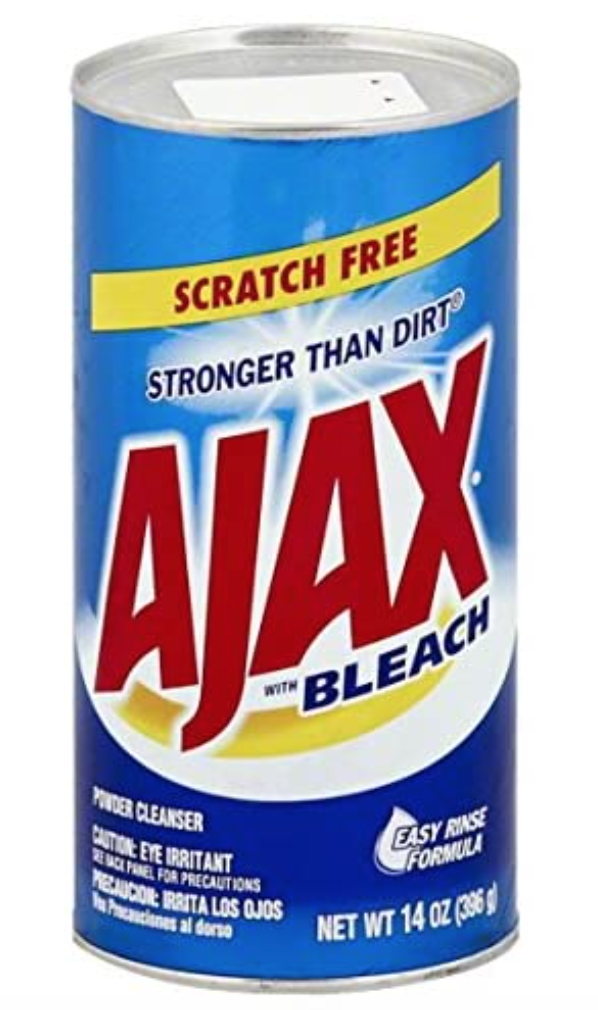
The teachers are geared up to fill in the gaps in their learning when they go back, so don’t worry. The key challenge for teachers is to make sure the pupils are safe, fed, and doing something to keep busy. They need to kids ticking over in their learning but it’s not fair to expect pupils to teach themselves everything they would be doing in school. Here is some more anecdotal evidence I’ve been pondering to back up this point:
- My friend took Spanish for the first time in first year uni and ended up with a First Class Degree in it three years later.
- My son went to high school hardly knowing three words of French and the teacher managed to teach a class with some experts and some beginners and got them doing meaningful stuff.
- I used to teach at a tiny Christian school in Canada. There was no curriculum, there was no scheme of work. The stuff we’re getting from school now is more comprehensive than the stuff I found when I got there. Back then, each teacher kept their own stuff and took it with them to their next position. Kids moved in and out of the private school, homeschool, and the public school system, depending on whether their parents were working or could afford it. It was normal there. (Then again, so was bringing a whole bag of microwave popcorn for lunch and being phoned at 8am on Saturday morning to be asked what the homework is.)
- In the UK, kids start school at age four. In Sweden it’s age seven. In the USA it’s age five or six. Many of us can see the benefits of a later starting age, so if your little one is five, six or seven, focus on things that are age appropriate and don’t sweat it if they don’t want to sit and write. One of mine wouldn’t draw any picture other than a scribble, then out-of-the-blue, sat down and draw a full picture of Santa. (It happened to be Christmas!)

Use this time to focus on what you think is important for their learning. Some ideas:
College students: learn about banking, houses, bills, mortgages and tax (plus activities from the next two bullet points!)
![]()
High school kids: learn to cook a meal; sell stuff on eBay; create family photo albums
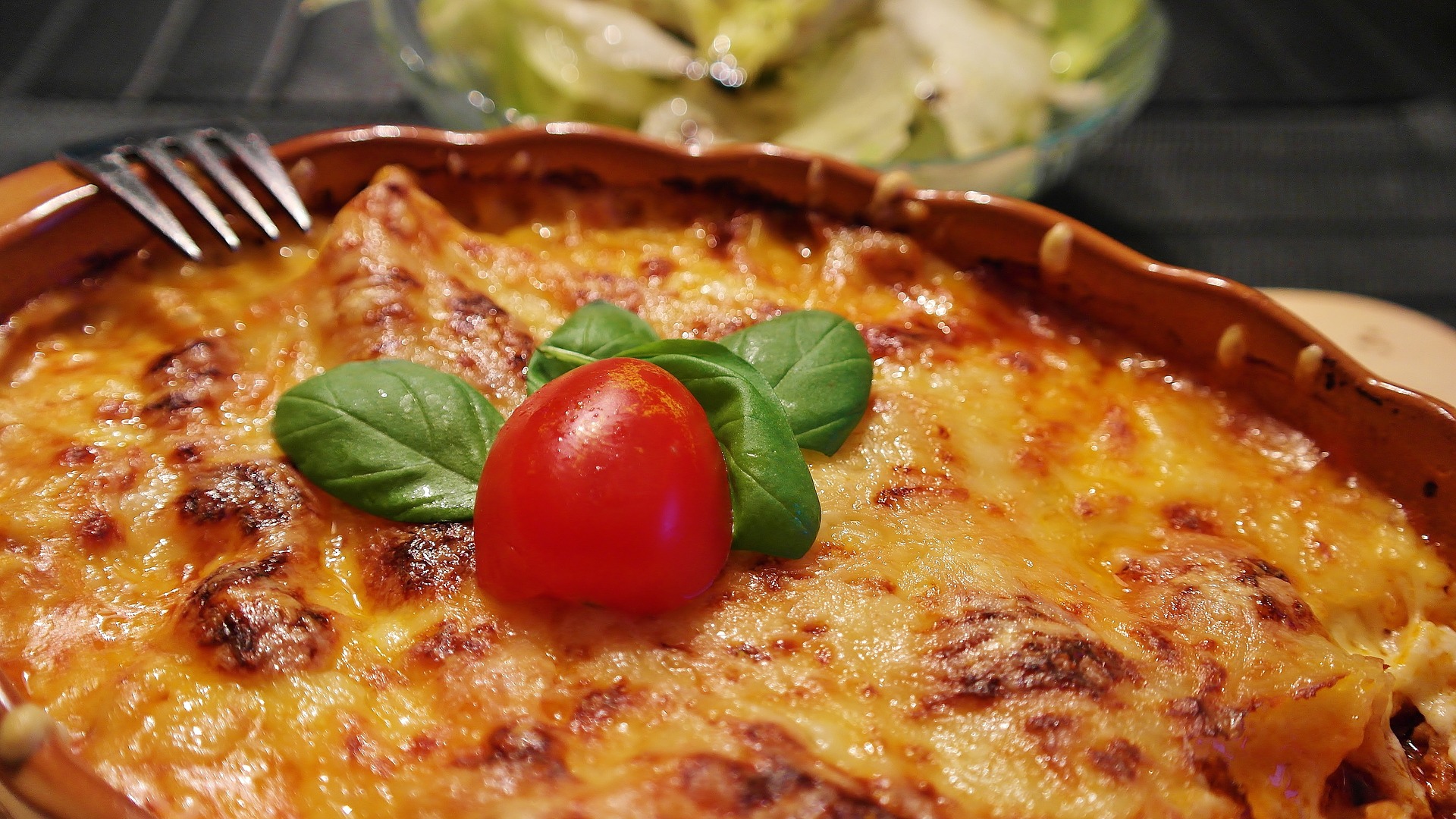
Primary age kids: pair socks, organise drawers, make the drinks, interview elderly relatives
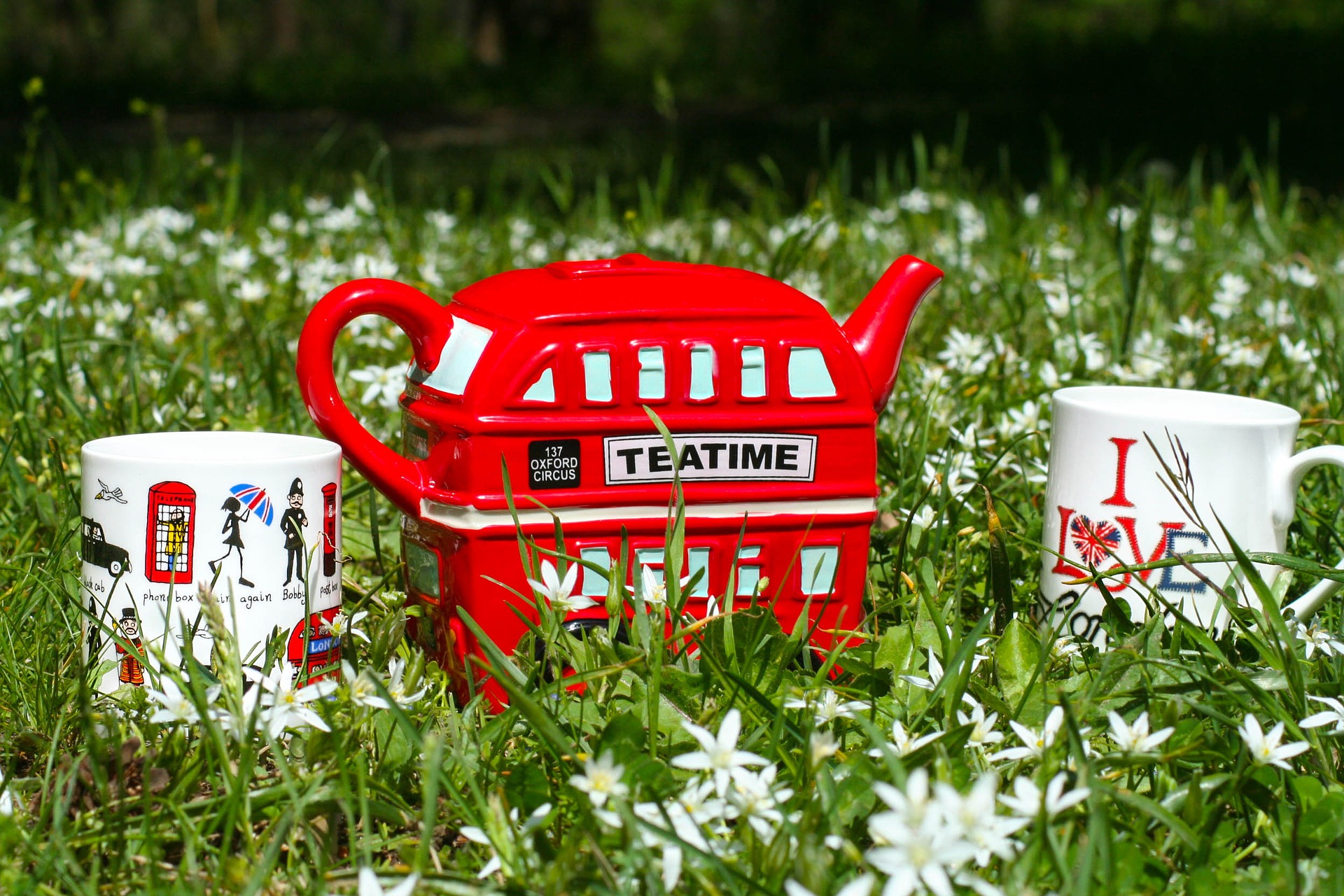
- I’m not sure phonics really helped our three (now aged 8, 11 and 13), not that I could have done any better or know a solution. I’m just saying it in case you feel ill-equipped to teach phonics! So yes, do all the ‘a-a-ants on the arm’ business but don’t be afraid to revert to ways you remember learning to read and write. If yours turn out anything like ours, it’s only really split digraphs that still help with reading and spelling now that they’re further on at school. I’m still seeing the flaws of the ‘sounding-out’ ways of spelling from their Year 1 and 2 days of ‘be free to write, write, write’ (In other words, ‘get all the words wrong, wrong, wrong and never know!’).
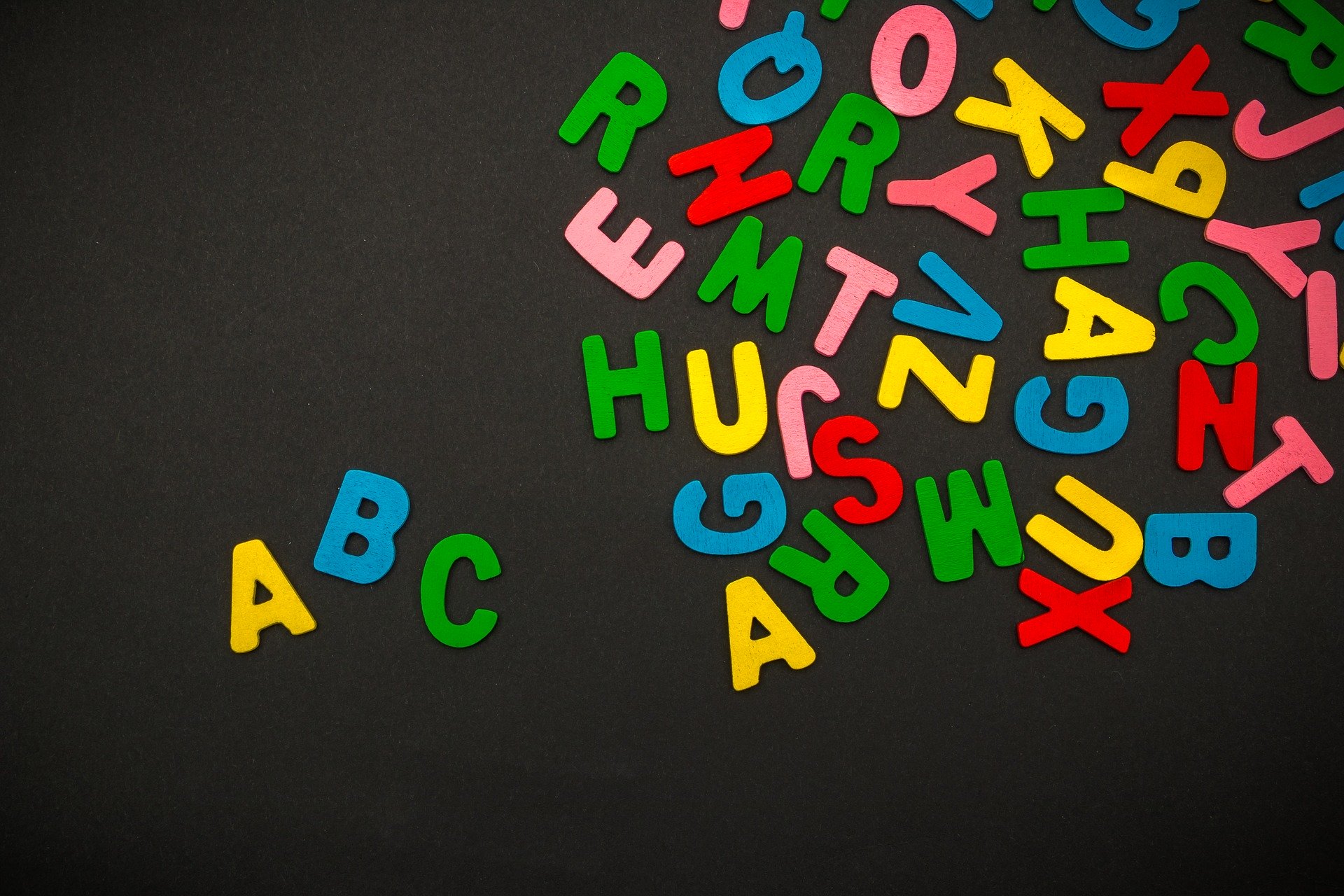
That’s enough from me – it’s starting to become one of those articles. I hope you can see that I’m just trying to share a few home truths to make you feel less inadequate and more reassured.
Below is a ballad (I looked up what a sung poem is called and this is the closest description.) It’s less Walter Scott and more Victoria Wood but if you watch it with your kids you can tell them that a ballad is meant to be:
A narrative poem originally meant to be sung or recited. It usually tells of an exciting or dramatic episode, and ballads were passed on by word of mouth for generations before being written down.
It won’t be passed on for generations, but here goes!

